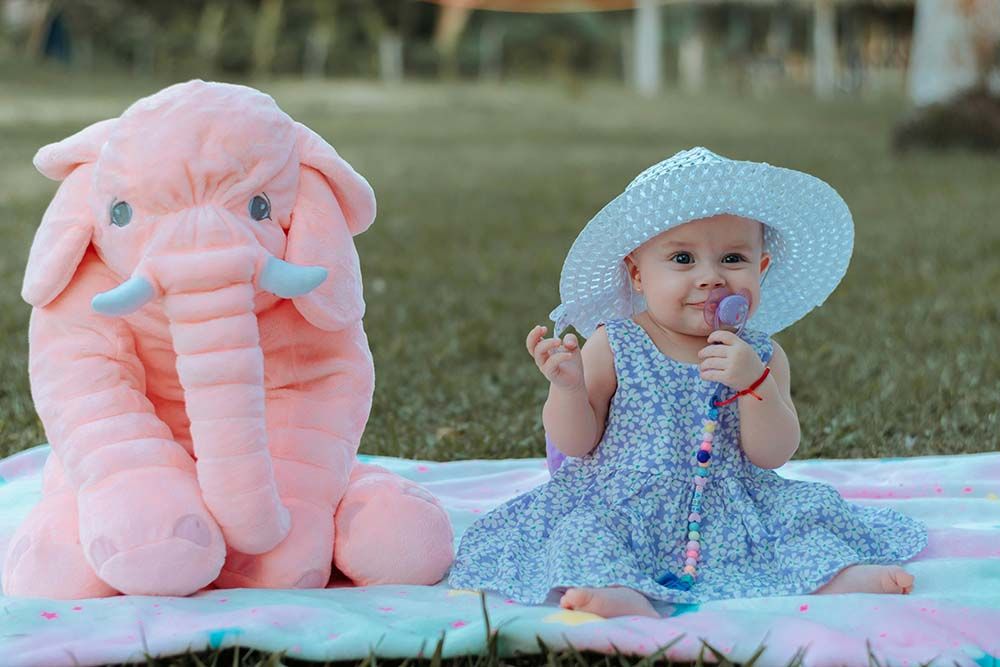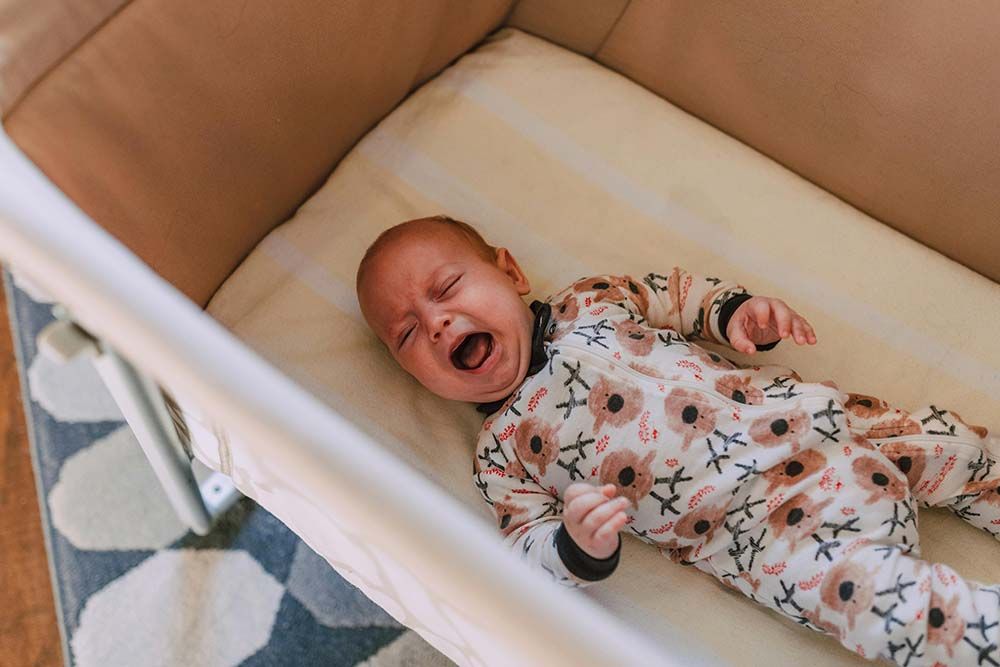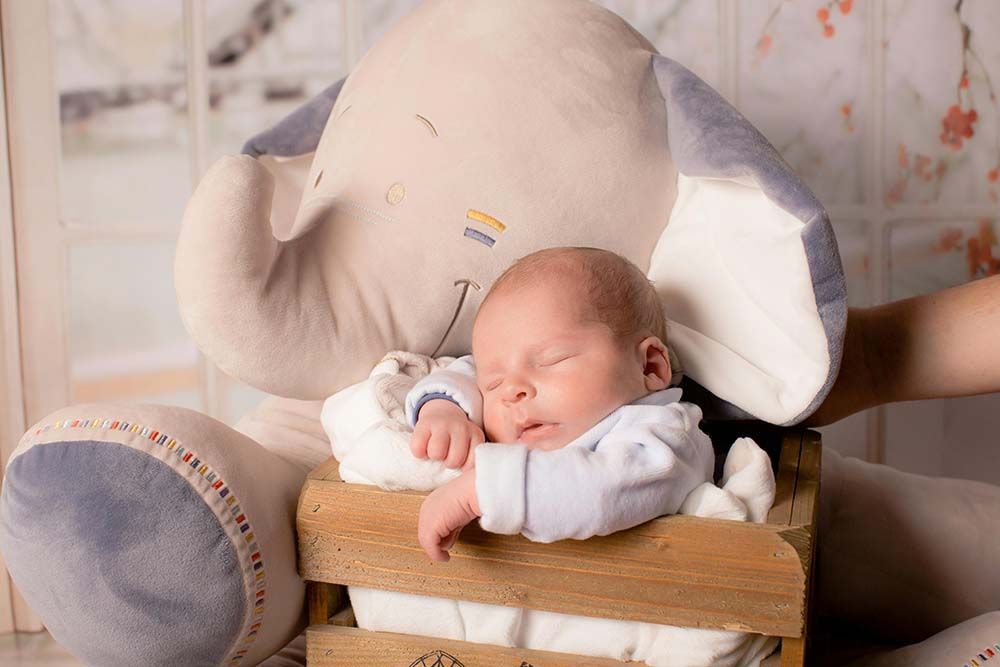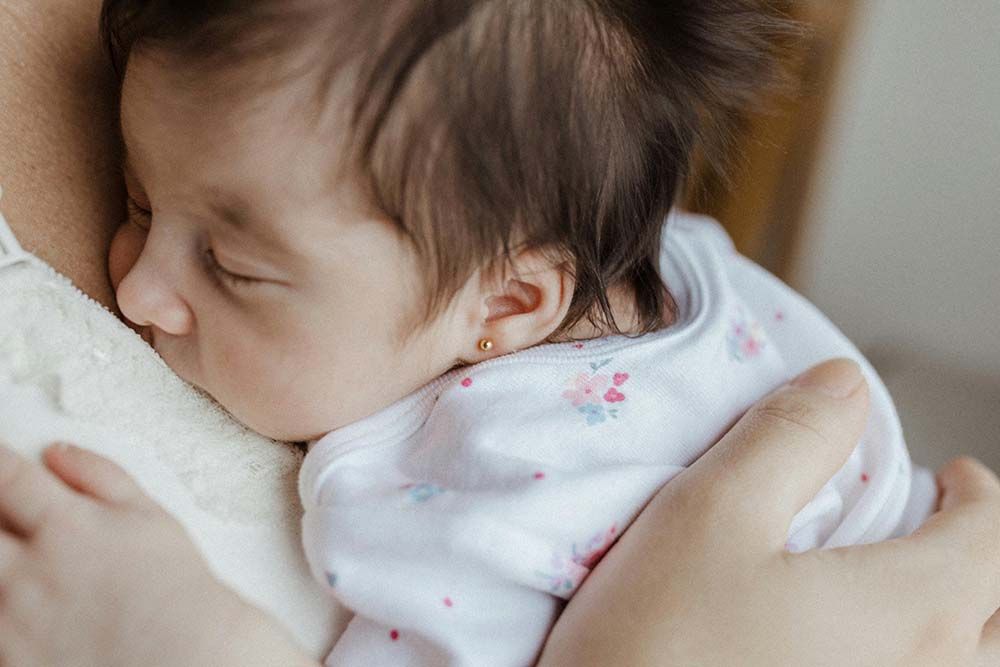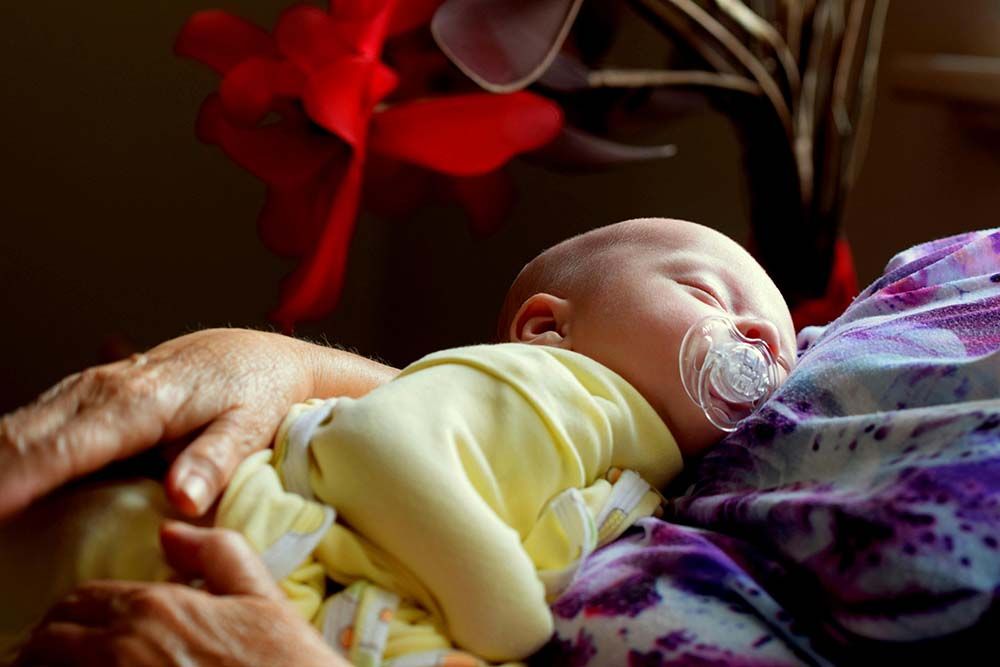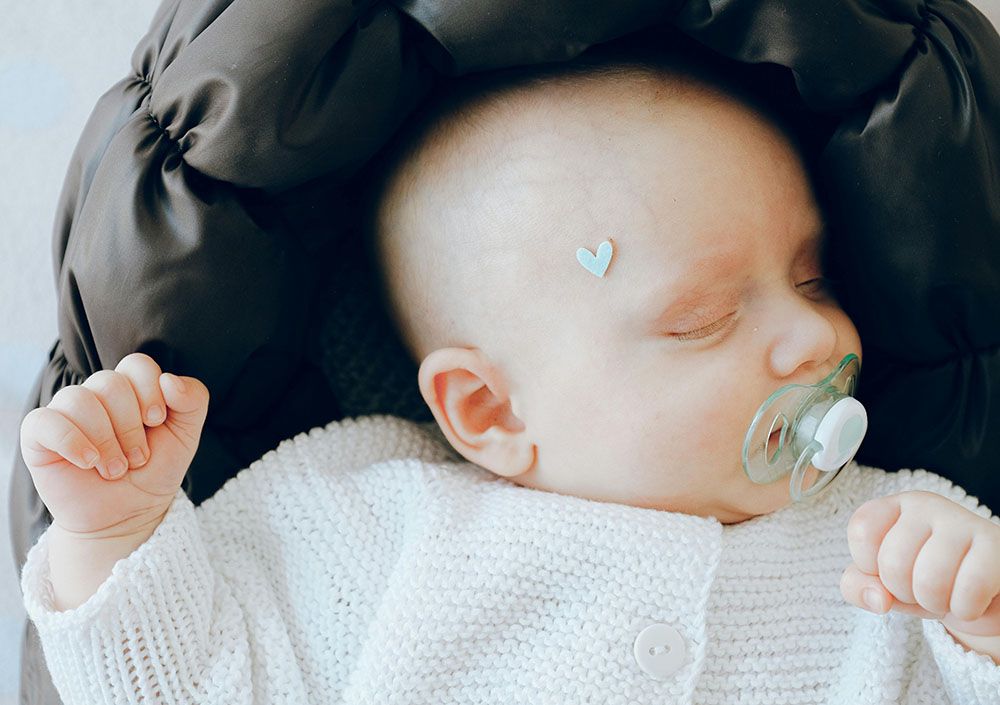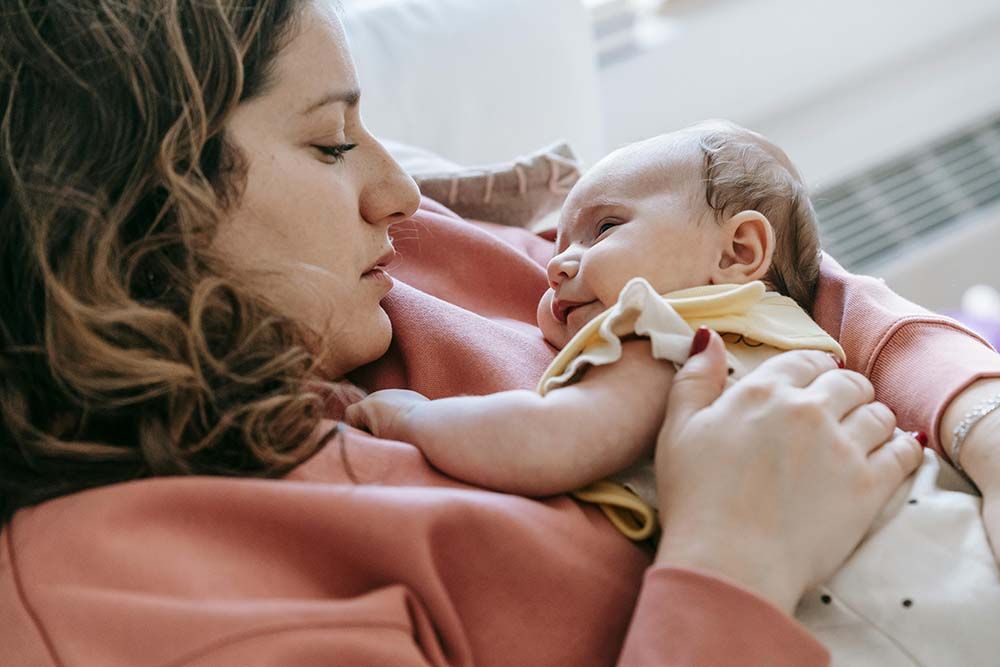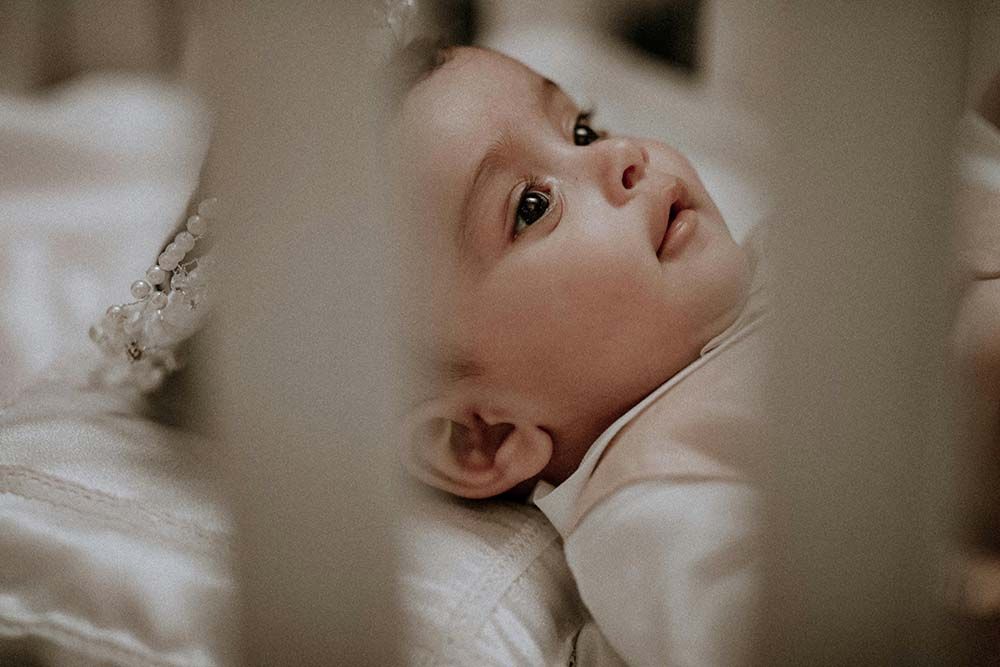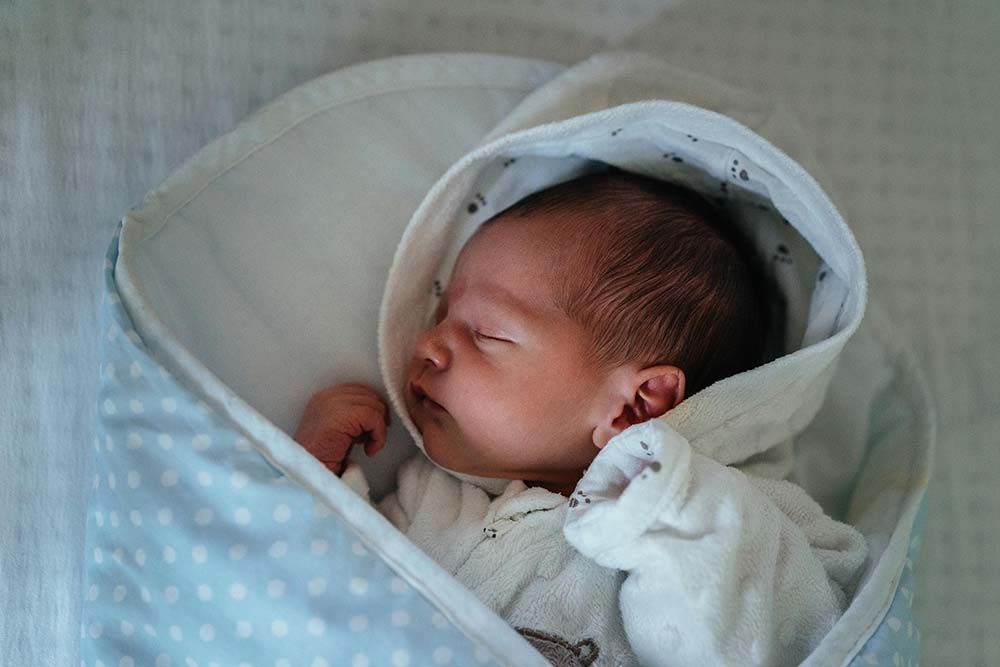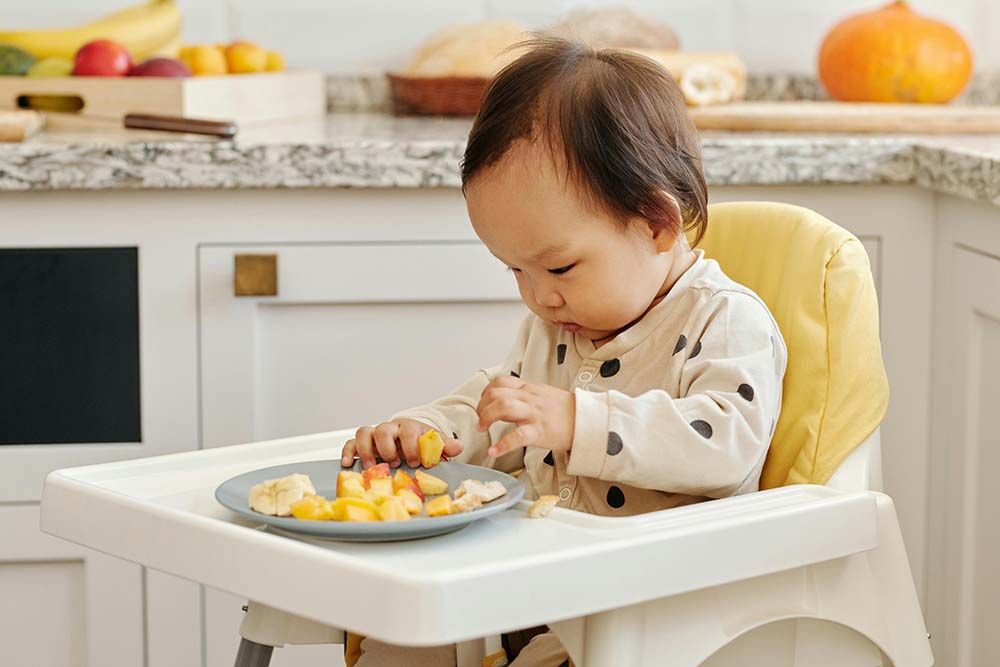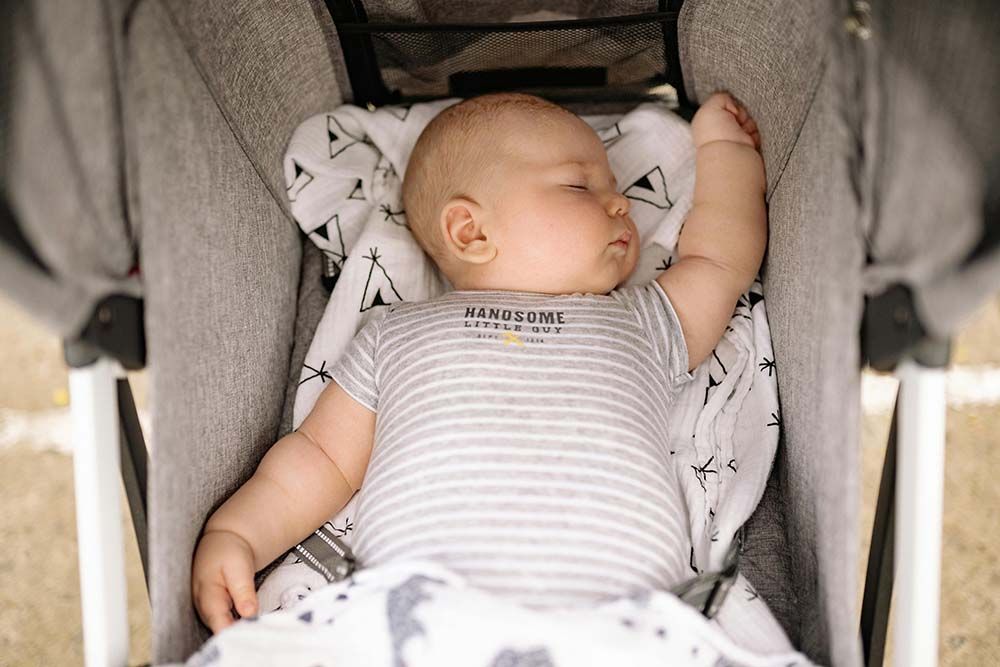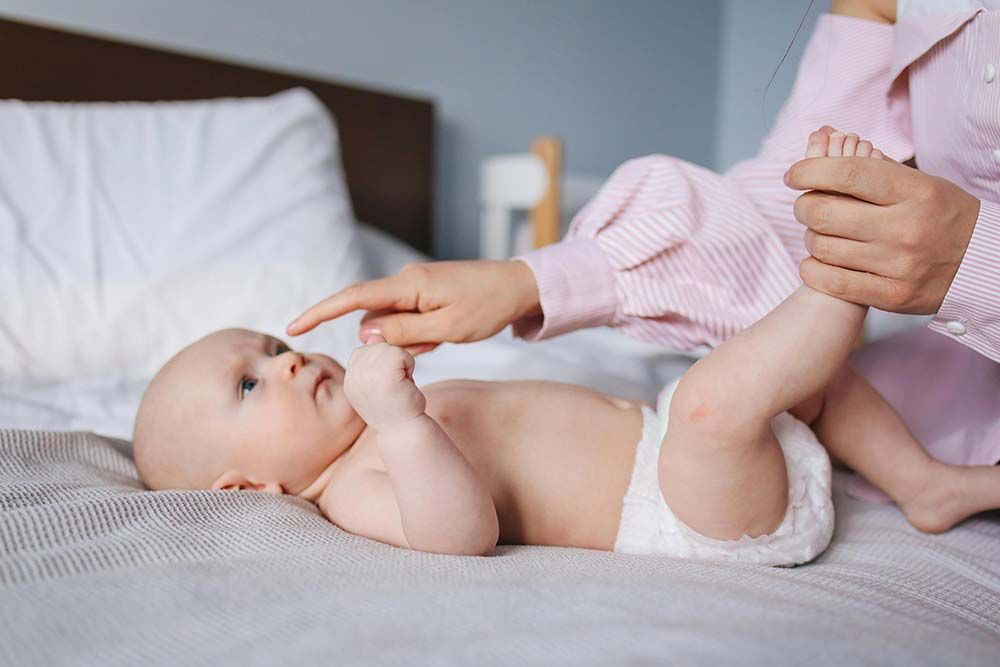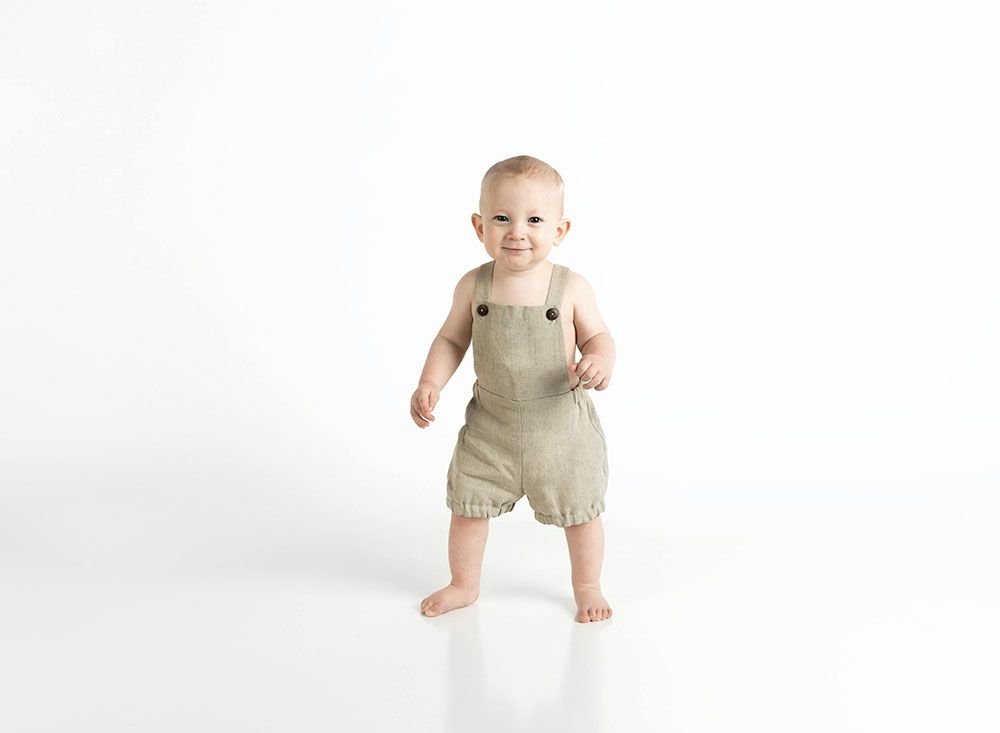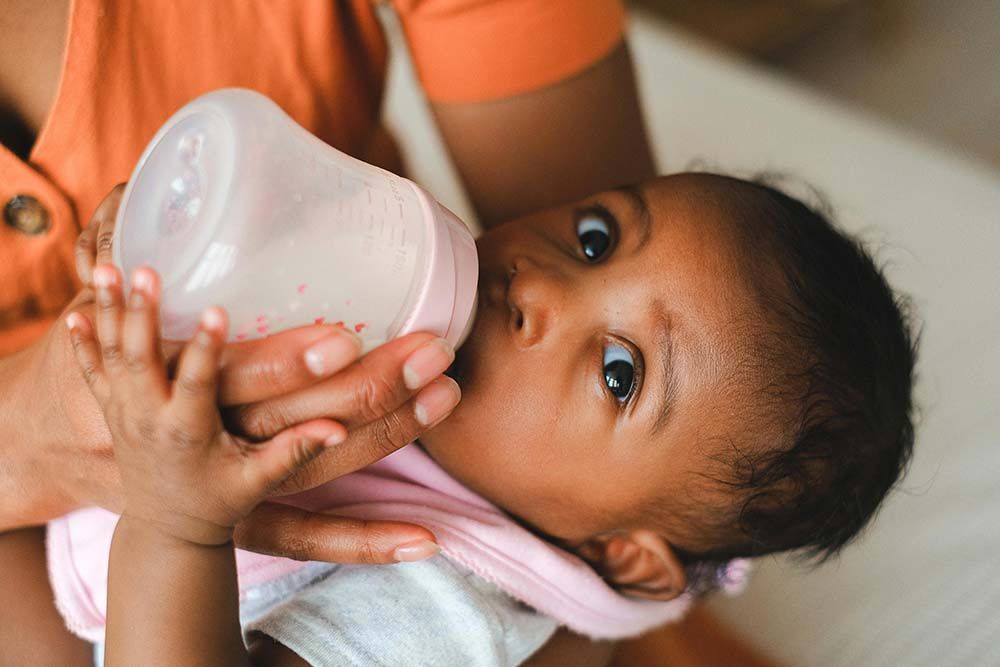

Feeding is a vital process for a daily routine. Parents are always curious about when do babies hold their own bottle for the first time, which not only frees their hands and efforts to do more things, but also means that their baby comes to a new development milestone. However, it should be noted that different babies develop at different rates, and some babies may reach this stage earlier or later. Parents don’t have to worry about it, instead, they can help their babies improve their grip through proper guidance and practice.
Make feeding profoundly simple
With Moonycare track function, you can easily understand what your baby has eaten and the intake nutrients. Except for tracking feeding, it can also alarm you when to feed your baby for the first time based on your baby’s condition. You can also get a report to get a comprehensive insight on your baby’s eating habits and growth condition. If you want to have an easier feeding mode, welcome to download it to use it right now.
IN THIS ARTICLE
When Do Babies Hold Their Own Bottle for the First Time?
Signs that Your Baby is Prepared for Holding a Bottle Independently
How to Teach Babies to Hold Bottles on Their Own?
Tips for Helping Babies Hold Bottles on Their Own
When Do Babies Hold Their Own Bottle for the First Time?
Babies usually start to be able to hold a bottle on their own around 6 to 8 months, but this varies from person to person. This process is mainly divided into in several stages as the following:
3 to 4 months: Babies begin to master some hand movements, who have the ability to hold small objects at this age, but not enough to hold a bottle.
5 to 6 months: As babies' hand coordination gradually improves, they are better able to hold toys or other objects in their hands. At this time, they may start to try to hold the bottle, but they are usually unable to keep it stable.
6 to 8 months: Most babies can hold the bottle well at this stage and can start to drink milk on their own. During this stage, the baby's hand muscles and strength develop gradually, and they can hold objects more stably. At the same time, the baby's brain development greatly improves hand-eye coordination. Babies begin to be able to accurately focus their eyes on the bottle, then reach out to the bottle and grab it with force. As coordination improves, babies can control hand movements more effectively and can independently reach and hold the bottle.
9 to 12 months: As babies grow, their hand-eye coordination and fine motor skills become more mature, and they can hold the bottle more flexibly and stably. They are more proficient and stable in holding the bottle than before, and rarely lose their balance or drop the bottle frequently. They may also start trying different positions and angles to hold the bottle to find the most comfortable way for them, while ensuring that the milk flows smoothly into their mouths instead of leaking out.
By 15 months: Babies have a strong sense of independence, and they will insist on holding the bottle by themselves, and may even refuse help from adults. Fine motor skills are already quite complete, and they can not only hold the bottle steadily, but also have some more complex movements, such as checking how much milk is left in the bottle after tilting it to the right angle. Furthermore, they may even express their needs with language and expressions.
Signs that Your Baby is Prepared for Holding a Bottle Independently
There are usually some obvious signs and behaviors when your baby is ready to start holding a bottle on their own. These signs indicate that your baby's hand muscles, hand-eye coordination, cognitive ability, and personal consciousness have developed enough to start grasping and using a bottle independently. Here are some common signs that your baby is ready to hold a bottle on his own:
1. Ability to grasp objects independently: Your baby is able to grasp and hold objects with his hands effectively, especially those of an appropriate size. When your babies grasping ability improves, they can grasp the bottle with the whole palm of their hands, or in later stages, they can more accurately pinch objects with the thumb and index finger.
2. Improved hand-eye coordination: When your baby's hand-eye coordination improves, they will begin to stare at the bottle with their eyes and try to reach for it. They are not as easily distracted by things around them as before.
3. Try to control the bottle on their own: When babies have enough hand strength and control, they will usually try to hold the bottle on their own and bring it to their mouth, beginning to imitate the actions of an adult or parent feeding. Your baby may try to adjust the position of the bottle so that they can drink milk smoothly.
4. Able to sit and maintain a stable position: Babies can maintain an upright position and use both hands to hold the bottle steadily without losing balance or dropping the bottle easily. The baby's ability to sit without support is very important for holding the bottle by themselves, because this frees up their hands to operate the bottle.
5. Show interest in self-feeding: Babies at this stage usually show interest in self-feeding and independent behavior. For example, when babies see parents holding a bottle, they may reach over and show a desire to do it themselves. Babies may also show curiosity and want to take the initiative to operate the bottle instead of just relying on parents to feed.
6. Able to adjust the angle of the bottle by themselves: When babies have a certain degree of coordination, they can not only hold the bottle, but also start to adjust the position of the bottle so that the milk flows smoothly into their mouths. Babies can control the tilt angle of the bottle to ensure that the milk does not leak out, showing their cognitive ability and improvement in fine motor skills.
7. Increased sense of autonomy: Babies will show a certain degree of autonomy, for example, when parents try to help them get a bottle, babies may push their hands away or show impatience, indicating that they want to do it themselves.
How to Teach Babies to Hold Bottles on Their Own?
Teaching your baby to hold a bottle without support is a gradual process, which usually requires the patient guidance and support from parents. Here are some methods that may be helpful to your baby:
1. Choose the right time
After your baby possesses the ability to start to hold a bottle, choose a suitable time to teach, such as the baby is in a good mood or is close to hunger to teach. At that time, the baby will be more motivated to try to hold the bottle, because they are eager for milk and will be more willing to cooperate with your guidance.
2. Choose a suitable bottle
Choose a bottle that is suitable for the baby's age and ability. If the bottle is too big or too heavy, the baby may find it difficult to grasp. You can choose some non-slip bottles or bottles with handles with simpler designs and easy-to-grip handles. This will help the baby to grasp more steadily when he first learns.
3. Guide the baby to hold the bottle
When the baby first starts to learn to hold the bottle, you can guide the baby's hand to put it on the bottle to help them feel the weight of the bottle and how to hold it. You can hold part of the bottle with your hand to help your baby get the bottle to his mouth.
4. Help your baby hold the bottle
If your baby cannot hold the bottle with one hand at first, you can provide appropriate help. Place one hand on the bottom of the bottle and use the other hand to help your baby hold the upper part of the bottle. Lead your baby to do the movements together and slowly develop their sense of holding.
5. Demonstrate actions to your baby
Babies often learn skills by imitation, so you can show them how to hold the bottle. For example, you can gently pick up the bottle, slowly show how to hold the bottle, and show how to tilt the bottle to let the milk flow into the mouth.
6. Be patient
Learning to hold the bottle is a gradual process, and some babies may need more time to practice and master it. Don't be anxious if your baby doesn't fully master it for a while. Excessive pressure may make your baby resist holding the bottle. If your baby seems a little frustrated after trying a few times, you can temporarily stop practicing and restart it at a later time.
7. Gradually reduce your help
After your baby has learned the initial bottle-holding movements, give them enough opportunities to practice repeatedly. As your baby's skills improve, you can gradually reduce the amount of help you provide and try to let your baby do it independently.
8. Transition to a learning cup
After babies have mastered the bottle well, parents can start to let their babies transition to a learning cup or a straw cup. These cups are designed to be more suitable for babies to drink water by themselves and also help train babies to eat independently.
9. Avoid coercion and over-intervention
Avoid coercion or over-intervention in the process of your baby learning to hold a bottle, otherwise it may make your baby anxious or disgusted. Let your baby adapt to this process at their own pace.
Tips for Helping Babies Hold Bottles on Their Own
1. A full bottle of milk may be too heavy for a baby. Thus, you can start with a half-full bottle to help babies accustomed to the weight. Moreover, you can also use an empty bottle for practising. If so, remember to wet the outside of the nub with a little milk to encourage your baby to drink it.
2. Make sure the milk in the bottle is at the acceptable temperature. Too hot or too cold milk may affect the baby's feeding experience.
3. Give positive feedback every time when your baby successfully holds the bottle or tries to drink milk. This will help your baby build confidence.
4. Foster a habit to clean the bottle after each use. In the beginning, the bottle may fall and be touched by the baby's fingers more often, so keeping the bottle clean is essential for the baby's health. In addition, to avoid bacterial growth, it is necessary for parents to try to use a sterilizer or boil water to sterilize the bottle .
5. Even if the babies are able to hold the bottle by themselves, you should supervise them to ensure that they do not have any accidents.




